Find out and take the pinniped challenge! See if you can tell a true seal apart from a sea lion.
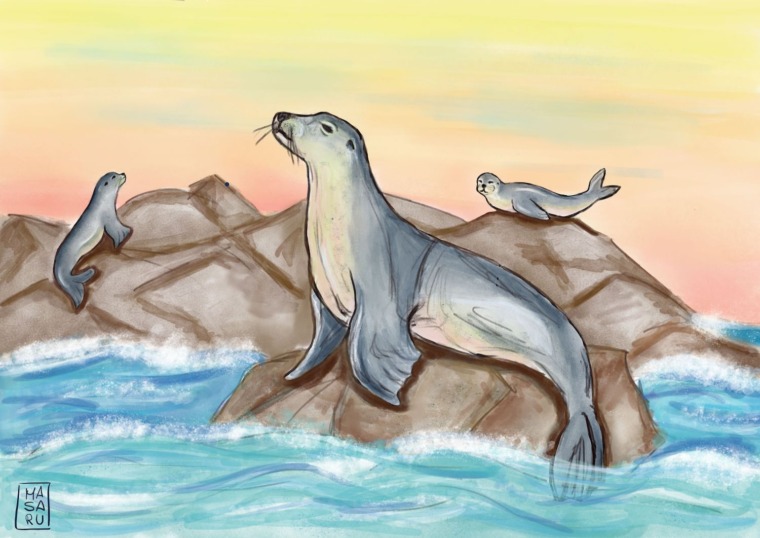

Find out and take the pinniped challenge! See if you can tell a true seal apart from a sea lion.
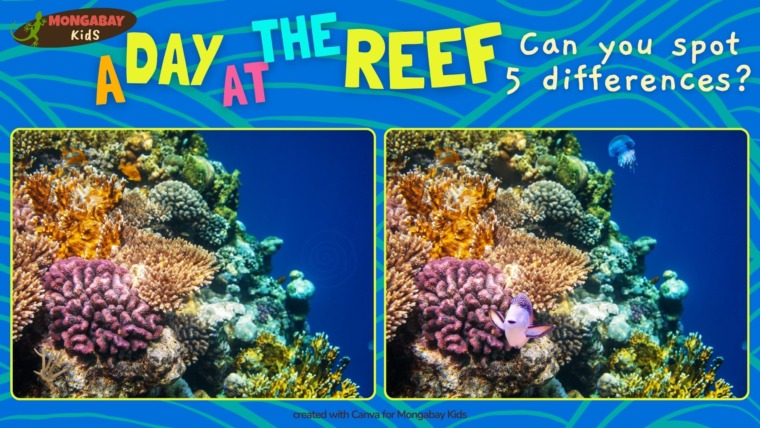
Can you spot the 5 differences?
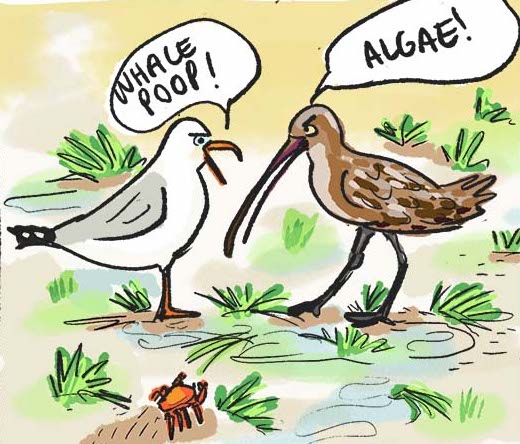
Seagrasses are aquatic plants that are super important for planet Earth. Learn more!
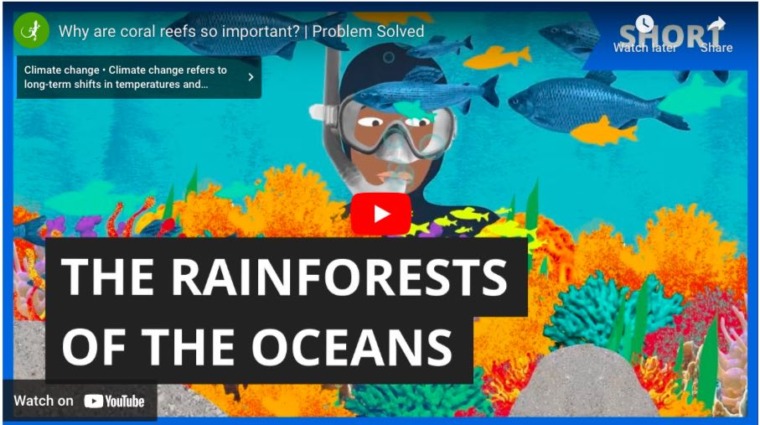
What is a coral reef? And why are reefs so important?
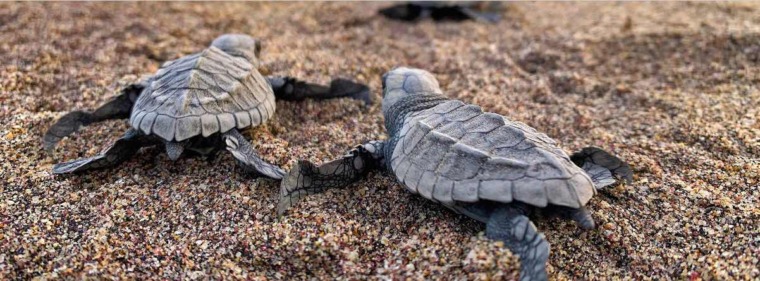
Learn how conservation work is helping olive ridley turtles succeed in Bangladesh.
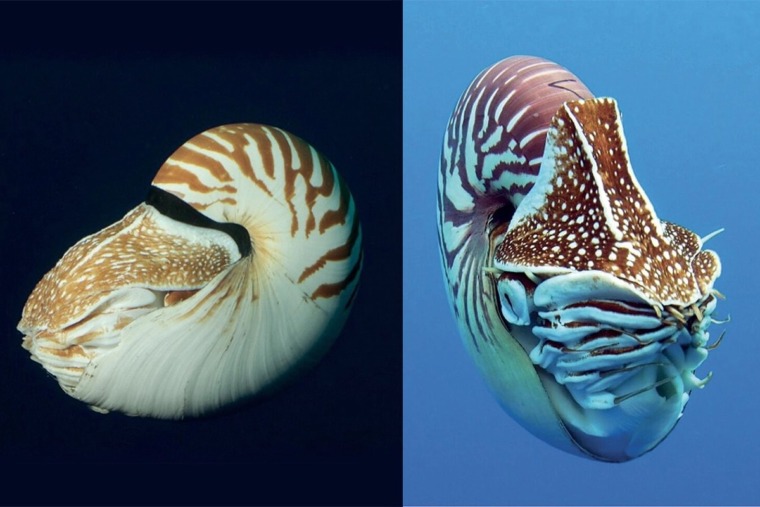
We still have much to learn about these weird and wonderful animals…
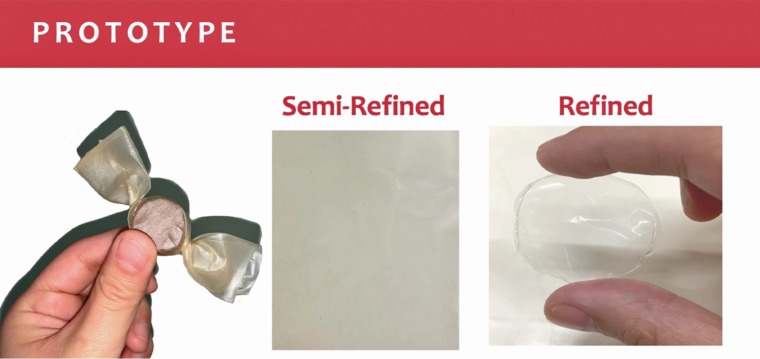
Learn how scientists are inventing new bioplastics that could be used to wrap our food.
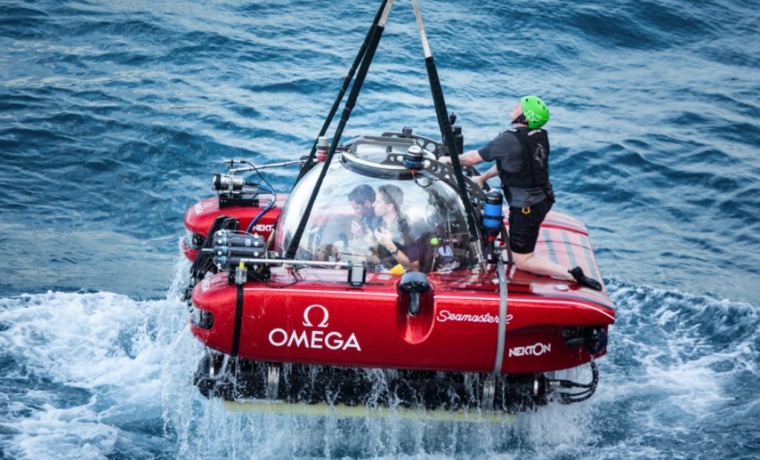
What is the “trapping zone” and what lives in this newly described underwater ecosystem? Find out!
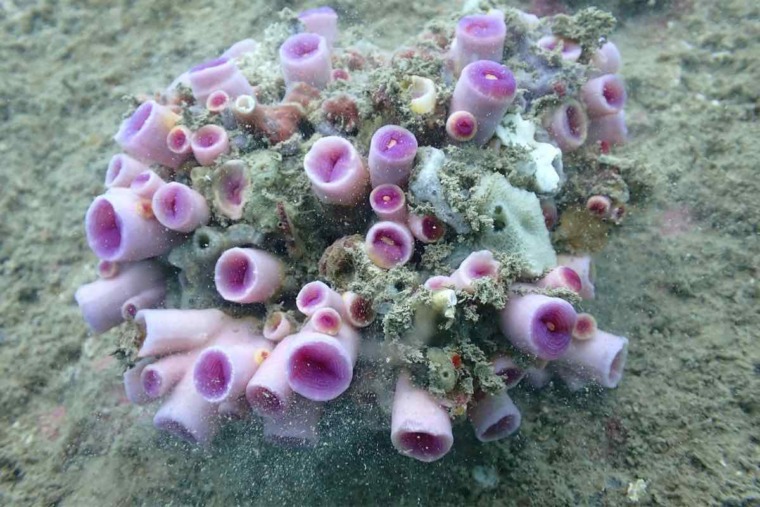
Scientists discover 3 new sun coral species in the waters around Hong Kong.
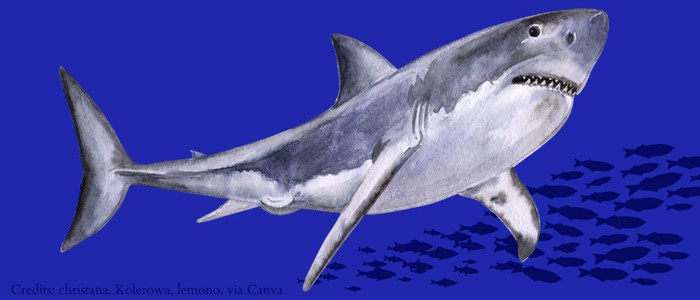
Sharks are top predators and they help maintain a healthy ocean.
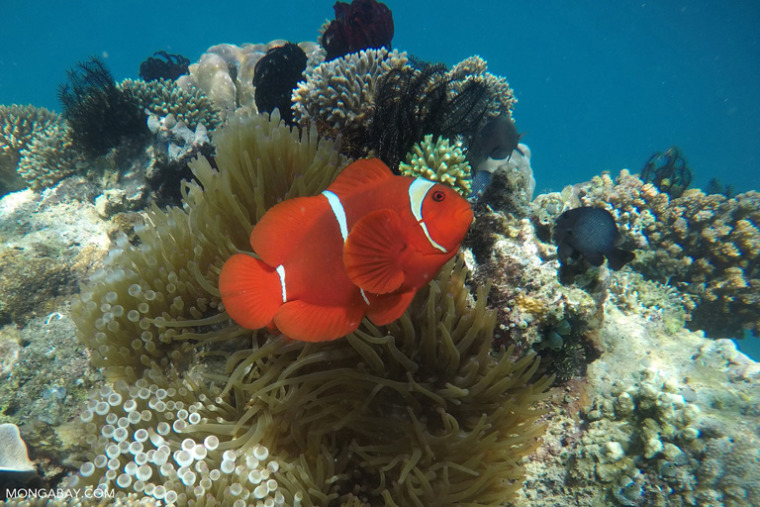
It is World Oceans Day on June 8 2022. Learn about the ocean!
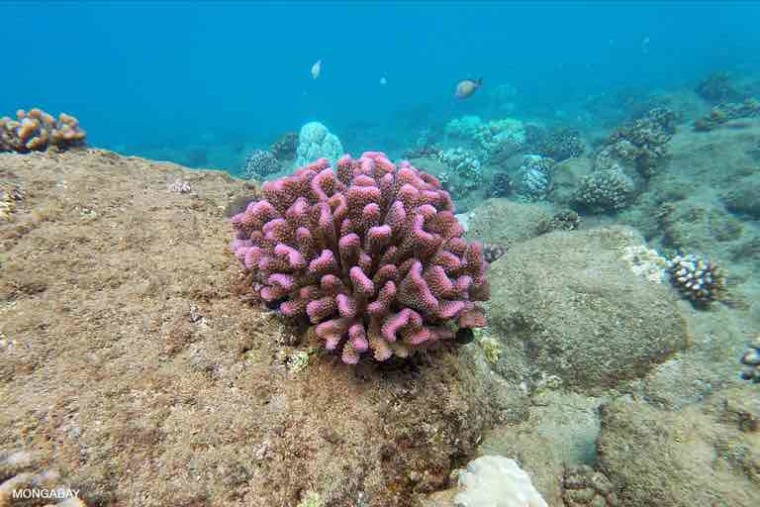
What do you know about coral and coral reefs? Challenge yourself to this coral reef quiz!